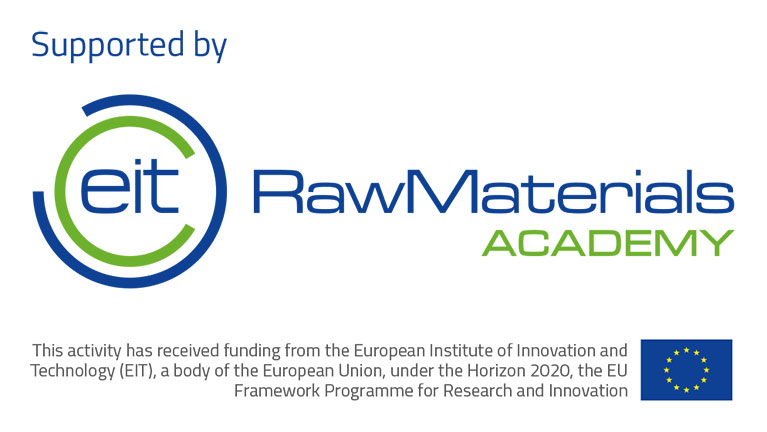
FaçadeReLog Reverse logistics for the recovery of metal in the façade industry
Coventry University Project Team
Prof Benny Tjahjono
Dr Jiayao Hu
Funder
EIT RawMaterials
Value to Coventry University
€35,000
Total Value
€300,000
Collaborators
Technische Universiteit Delft – Holland - Lead
Fundación Tecnalia Research & Innovation - Spain
Katholieke Universiteit te Leuven - Belgium
Leiden University - Holland
Rheinisch-Westfaelische Technische Hochschule Aachen - Germany
Duration of the Project
1st Jan 2020 to 31st Dec 2021
Project Overview
Despite great potential for the recovery of metals and components in the façade industry, there are currently few examples of products being reclaimed and reprocessed. A practical workshop and lifelong education series, co-created with key sector companies and branch associations, will close the knowledge gap in business models and industrial processes currently hindering the recovery of increasingly complex products and their valuable materials.
Project Objectives
The overall aim of the project is to create value by supporting innovation, technology, and skills in the façade industry, particularly by directly addressing raw material challenges that require collaboration amongst stakeholders along the value chain.
In collaboration with end-users and other stakeholders such as clients (building developers and owners) and municipalities, the following objectives have been developed to:
- Analyse cases to map in which building components the metal materials can be found, and their value hierarchy for economically-effective recovery.
- Provide methodologies, including supply chain and business models, to advice companies on how to deal with their products.
- Conduct a number of workshops with companies and experts to exchange knowledge and sketch best-practices for manufactured products.
Impact Statement
FaçadeReLog addresses the challenges and adaptation needed from the demand side of the industry, for example policies, regulations, and investment models for the procurement of circular façades.
The instrument is the co-creation of learning material and practical learning activities based on interaction and sharing experiences with industry partners such as companies and branch associations.
Mapping of current resource flows and elaboration of a practical plan and business model for the recovery of components and materials at the highest possible value level is necessary in order for the industry to make the transition towards a more circular way of operating, which will directly have impact on a more secure and cost‐efficient raw material supply and advance the resource‐efficiency of the sector.
The branch associations and companies that have committed to this proposal are key actors in the low carbon, closed loop, circular economy of Europe. The project will ultimately identify opportunities for retroactive and proactive circularity (i.e. reclaiming materials in existing products and setting up design and logistics to increase residual value of future products).
Outputs
To support the circular transition, the project will develop and deliver a counselling seminar package, co-created with companies, addressing practical and technical challenges faced by stakeholders in this sector.
This package will be the basis for providing life-long learning to companies in the façade industry beyond the period of the EIT Raw Materials funding, as well as to policy makers, developers, and municipalities.
The main outputs include report/learning material on business models that would facilitate reverse logistics in the supply chain, learning material on LCA methodologies and sustainability metrics for the reverse logistics.





